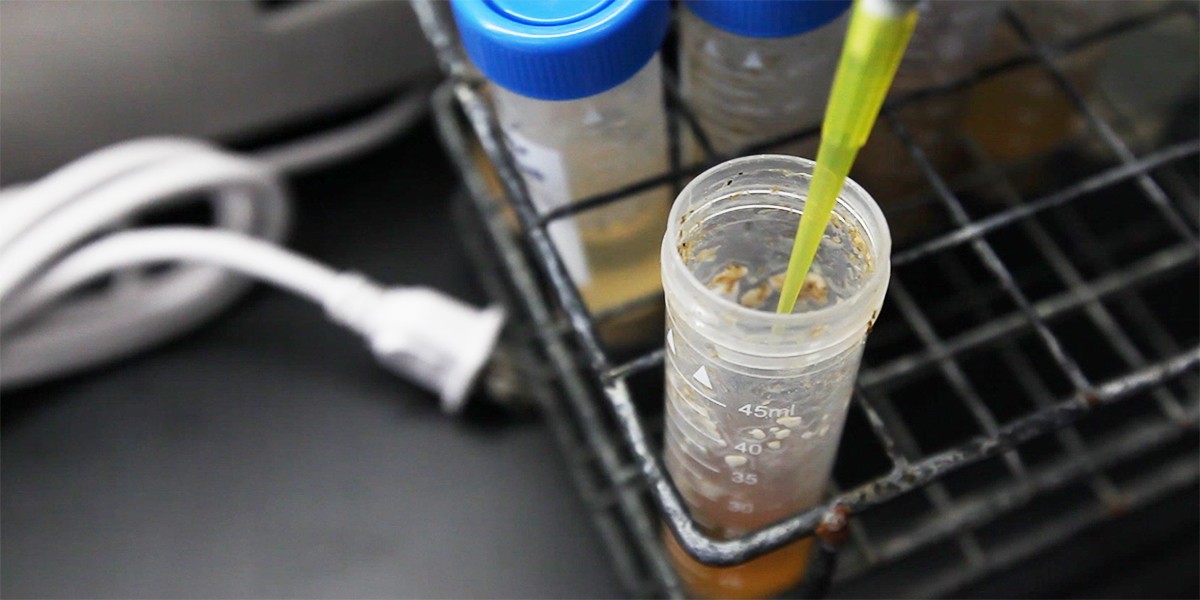
Growing demand for oil, geopolitical concerns, and social and environmental pressures are pushing the transition from imported petroleum to renewable liquid fuels, with biofuels planned for a major portion of the nation’s future energy.
Meeting future biofuels’ demand will require a trained workforce able to provide the engineering and scientific research needed to operate existing biorefineries and the education of future generations of scientists. Universities, technical colleges, and high schools will need to educate workforce in these areas, but since this is a relatively new domain, limited teaching resources are currently available to instructors.
To help fulfill this need, we created twelve bioenergy lab activities. We designed these materials to augment existing classes or as a stand-alone bioenergy lab class. We also designed these labs to be low-cost to maximize the number of students that can participate in each activity.
We assessed the labs based on evidence of direct student learning outcomes (i.e., has the student learned the material/concepts?) and indirect student learning outcomes along specified dimensions. The direct student learning outcomes were assessed via the faculty using designed quizzes and reports to demonstrate knowledge of the concepts taught through the lab exercise. Indirect student learning outcomes were assessed through a custom-designed survey focusing on students’ perceptions of the following seven dimensions: Designing Laboratory Classes & Experimental Investigations, Expectations and Enthusiasm, Lab Pace & Lab Materials, Interest in Renewable and Sustainable Energy, Opportunities for Discussion, Knowledge and Learning, and Connections to Other Fields. A link to a summary report of the indirect learning outcomes is provided here.
Special thanks to the USDA National Institute of Food and Agriculture Higher Education Challenge Grant (grant number MSN153944) for funding this project.
Project team:
Dr. Troy Runge, University of Wisconsin Madison
Dr. Tim Zauche, University of Wisconsin Platteville
Dr. Chris Baxter, University of Wisconsin Platteville
Dr. Eric Singsaas, University of Wisconsin Stevens Point
Dr. Malek Alkasrawi, University of Wisconsin Stevens Point
Mr. Mark Mailloux, University of Wisconsin Extension
Subjects
Agriculture
Biology
Chemistry
Topics
Fermentation & Enzymes
Sustainable Energy Systems
Concepts/Skills
Phase Changes, Energy Content, Fuel Production, Fermentation, Combustion, Distillation, Data Analysis
Prior Knowledge
Basic chemistry concepts (molarity, percent yield, etc.)
Time Required
One Semester
